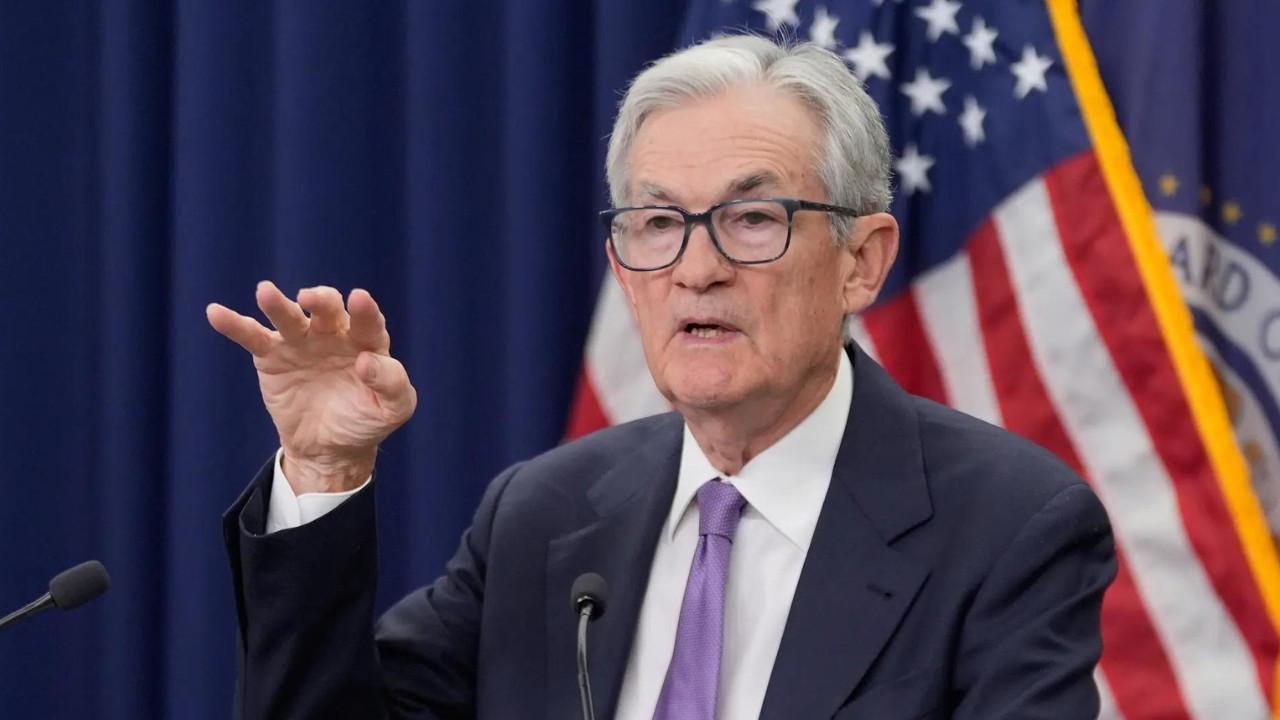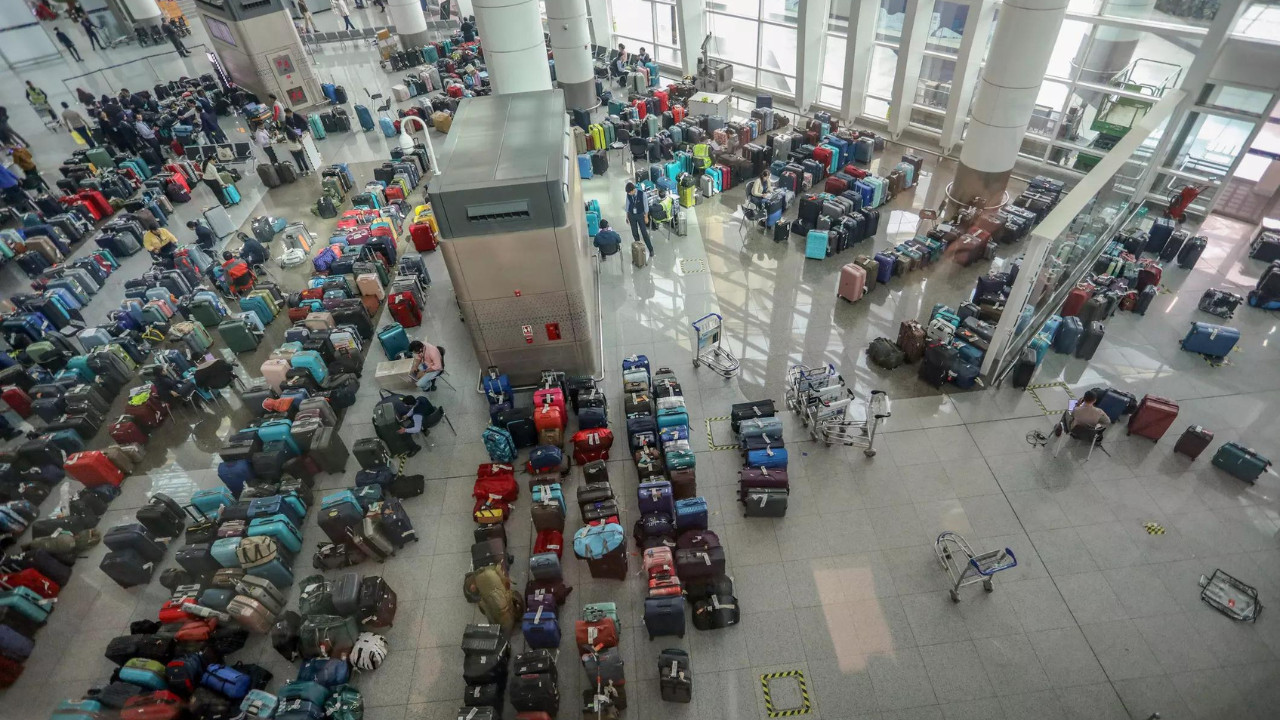National Housing Bank data revealed a widespread increase in property prices across India, with 48 out of 50 cities experiencing hike in Q4 FY25. The Housing Price Index surged by 7.5% year-on-year, driven by appreciation in major residential markets like Bengaluru and Kolkata. A reduction in home loan interest rates further bolstered the property market during this period.
The Great Indian Housing Hustle: Are We Headed for a Real Estate Rollercoaster?
Okay, let’s talk houses. Not the kind you dream about with wraparound porches and endless acres, but the real kind – the ones you and I are actually trying to buy or rent. Because frankly, the latest real estate news coming out of India feels a bit like trying to navigate a crowded bazaar – exciting, overwhelming, and you’re never quite sure if you’re getting a good deal.
The National Housing Bank (NHB) just dropped their report for the last quarter of fiscal year ’25, and the headline? Property prices are up in a whopping 48 out of 50 major cities. That’s… a lot. It’s practically a nationwide price hike party.
So, what’s going on? Why is everyone suddenly so keen on owning a piece of Indian soil?
Well, the report points to a few key factors. First, the overall economic climate seems to be playing a significant role. We’ve seen a steady post-pandemic recovery, with increased disposable incomes and a general air of optimism (or at least, cautious optimism) fueling the demand. People have money, and they’re looking to invest it. And let’s be honest, in India, real estate is often seen as the investment.
Then there’s the infrastructure boom. We’re seeing massive investments in new roads, airports, and public transportation systems. This isn’t just making travel easier; it’s also opening up new areas for development and driving up property values in previously less desirable locations. That once-remote suburb? Suddenly, it’s got metro access and a shiny new shopping mall. Boom.
But here’s where things get a little more nuanced. While the NHB report paints a broadly positive picture, it’s important to remember that “average price increase” doesn’t tell the whole story. The devil, as always, is in the details.
For instance, the report highlights that the rate of increase has slowed down compared to previous quarters. This suggests we might be seeing a cooling-off period after the initial post-pandemic frenzy. Could this be the start of a more sustainable growth trajectory? I hope so, because a runaway real estate market benefits nobody in the long run, except maybe the already wealthy.
Interestingly, the report also mentions that the rise in property prices is more pronounced in certain segments. Affordable housing, for example, seems to be experiencing a particularly strong surge in demand. This is encouraging because it suggests that more people are able to access homeownership, which is a good thing for social mobility and economic stability.
However, it also begs the question: are developers truly focusing on affordability, or are they simply rebranding smaller, less-equipped apartments as “affordable” to capitalize on the trend? Transparency and genuine commitment to providing accessible housing solutions are crucial here.
Furthermore, the report hints at regional variations. While prices are generally up across the board, some cities are experiencing more dramatic increases than others. This could be due to a variety of factors, including local economic conditions, infrastructure development, and even migration patterns. For example, cities with thriving IT sectors are likely to see higher demand for housing from young professionals.
So, what does all this mean for the average person trying to buy or rent a home in India?
Frankly, it’s a mixed bag. On the one hand, rising property values are good news for existing homeowners, as their investments appreciate. On the other hand, it makes it increasingly difficult for first-time buyers to enter the market.
My advice? Do your homework. Don’t get caught up in the hype. Research different neighborhoods, compare prices, and most importantly, understand your own financial limitations. Don’t overextend yourself.
And don’t be afraid to explore alternative options. Consider renting for a while longer, or looking at properties in less established areas. The real estate market is constantly evolving, and there are always opportunities to be found if you’re willing to be patient and creative.
Ultimately, the future of the Indian housing market remains uncertain. But one thing is clear: it’s a market that’s full of potential, both for investors and for those simply seeking a place to call home. Just remember to tread carefully, do your research, and don’t let the excitement overshadow common sense. After all, buying a home is one of the biggest decisions you’ll ever make. Make it a smart one.
📬 Stay informed — follow us for more insightful updates!







